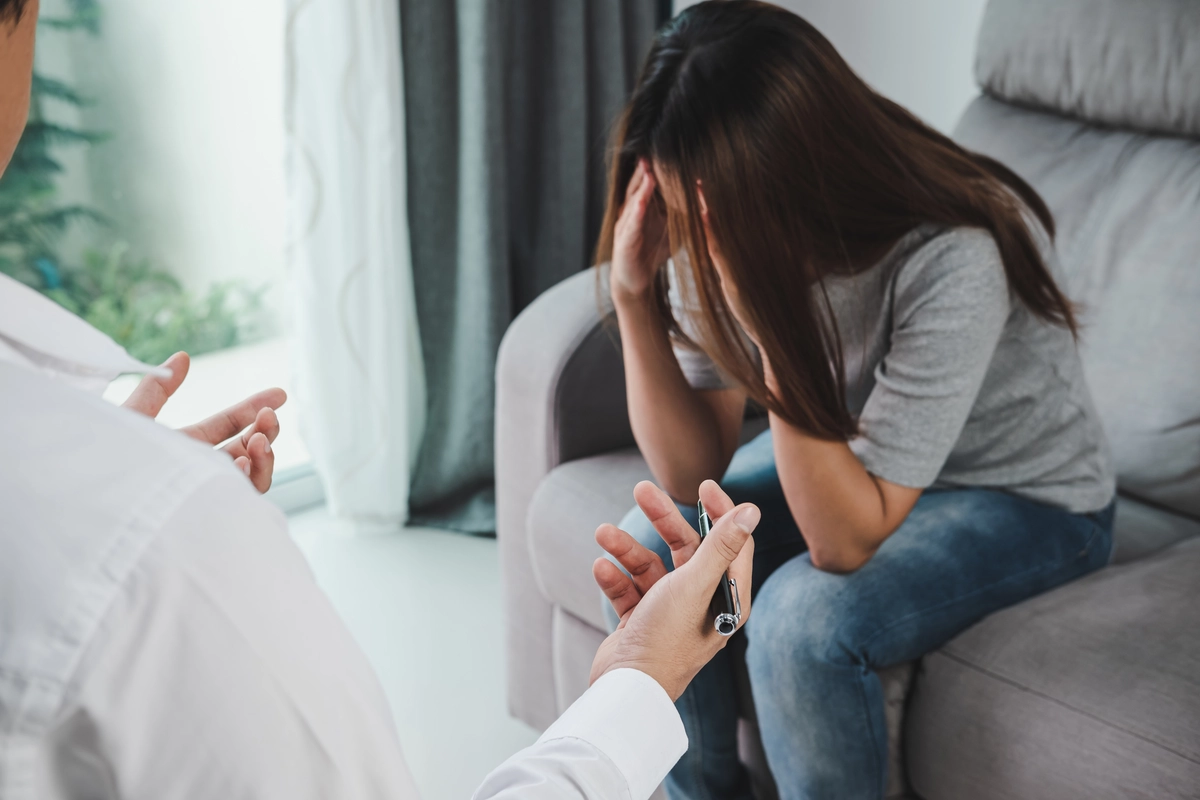24/7 Helpline:
(866) 899-221924/7 Helpline:
(866) 899-2219
Learn more about Bipolar Disorder Treatment centers in Clarinda

Other Insurance Options

Magellan Health

Optima

Medical Mutual of Ohio

Health Net

Access to Recovery (ATR) Voucher

Aetna

Molina Healthcare

MHNNet Behavioral Health

Highmark

Ambetter

Health Choice

Magellan

CareSource

GEHA

Anthem

EmblemHealth

Group Health Incorporated

Covered California

UMR

WellCare Health Plans

Zion Recovery
Located in Clarinda, Iowa, Zion Recovery offers alcohol and drug rehab services. They provide reside...

Waubonsie Mental Health Center
Waubonsie Mental Health Center is a private rehab located in Clarinda, Iowa. Waubonsie Mental Health...

































































Waubonsie Mental Health Center
Waubonsie Mental Health Center is a private rehab located in Shenandoah, Iowa. Waubonsie Mental Heal...


























































